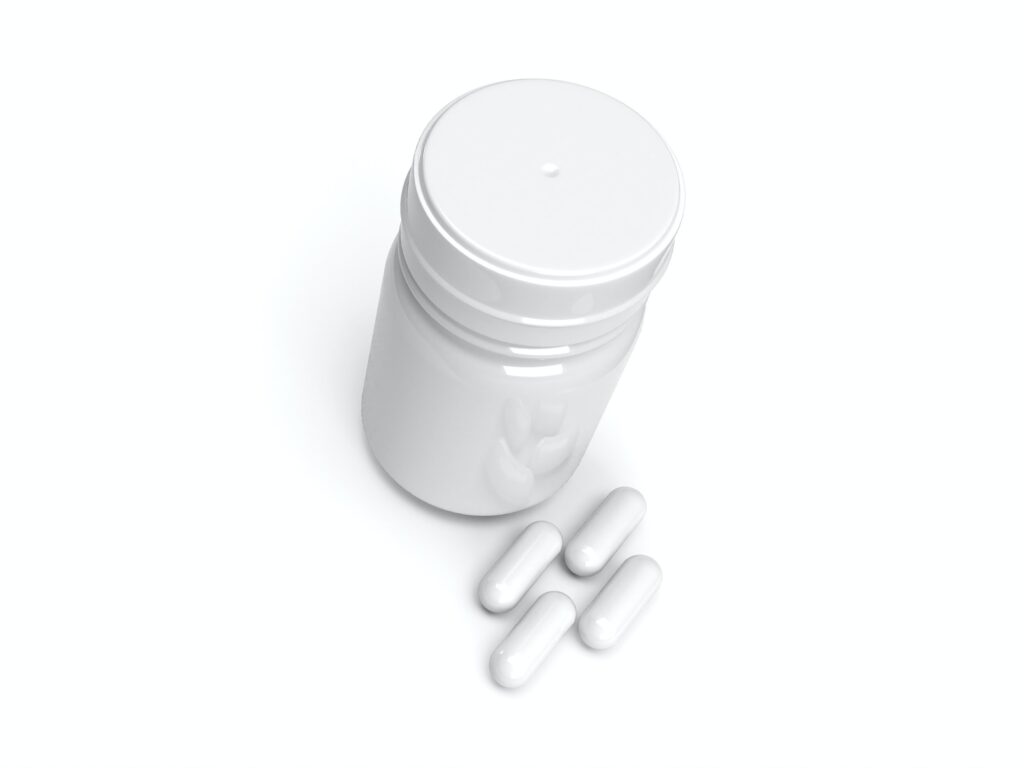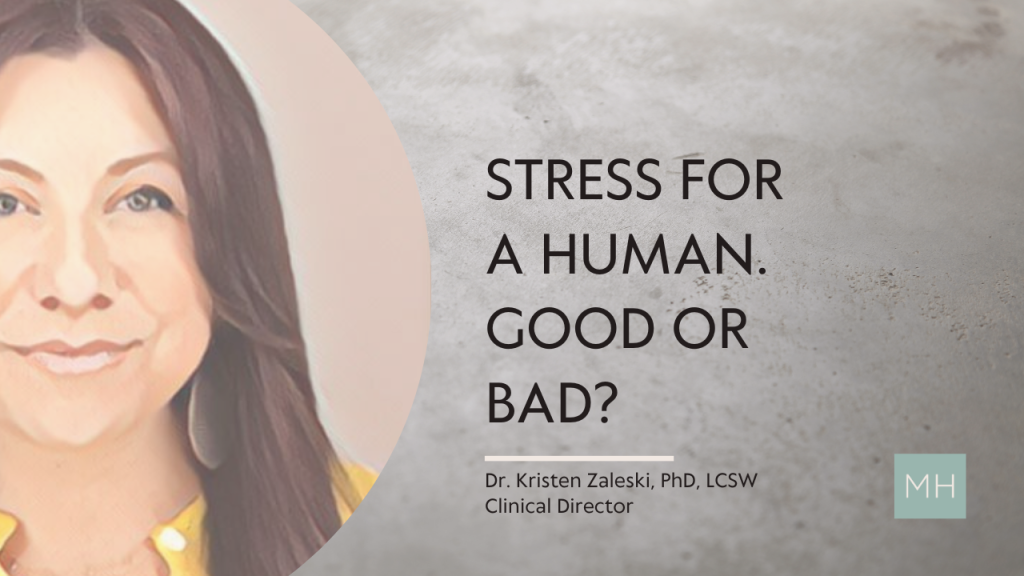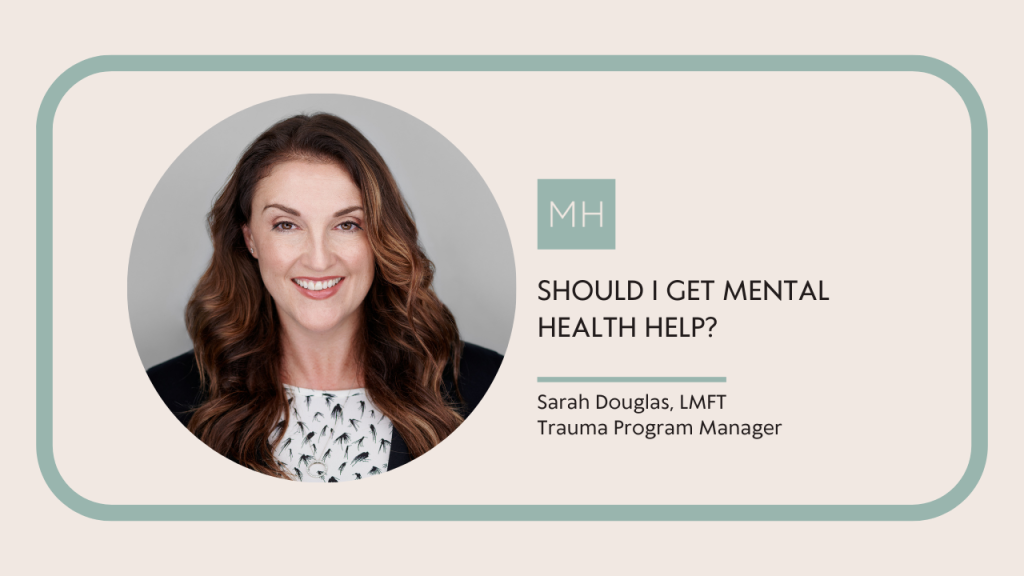When is it Time to Consider Depression or Anxiety Medication?
It is normal for all of us to experience ups and downs as part of life, and as part of being human. Some of us may also experience periods of depression or anxiety as well. So how do we know when to seek professional treatment, and also when to consider medications? It can be a complex and complicated question, and the right answer is different for each person. But here are some initial considerations.
MILD SYMPTOMS OF DEPRESSION OR ANXIETY
When symptoms are mild, lifestyle modifications may be helpful. For example, addressing acute or chronic stressors in your life, getting more exercise, improving your nutrition, meditating, getting regular sunlight exposure, and practicing good sleep hygiene can all go a long way. Sometimes, however, we may try these things and discover that we still don’t feel significantly better.
A period of depression or anxiety begins to meet the criteria for a clinically diagnosable mental health condition when symptoms become persistent, pervasive, or severe enough to affect your day to day functioning. For example, if depression or anxiety persists for at least a couple of weeks, and begins to affect other parts of your life such as appetite, sleep, energy, focus, hopefulness, self esteem, and even willingness to live, then you may meet the criteria for a disorder such as Major Depressive Disorder, Generalized Anxiety Disorder, amongst many other possibilities.
There are many starting points to seeking help if you believe you may be struggling with a mental illness that is affecting your day to day functioning. Many individuals begin with psychotherapy, often with a counselor, social worker, psychologist, or another type of psychotherapist. If your symptoms are in the mild range, and especially if you are dealing with the effects of prior trauma or current day stress, psychotherapy alone may be sufficient to relieve your symptoms.
MODERATE TO SEVERE LEVELS OF DEPRESSION OR ANXIETY
For some individuals, symptoms are already in the moderate to severe range at the time of seeking help. In those instances, the severity of symptoms may make it difficult for you to even engage meaningfully in therapy. Or symptoms such as sleep, appetite, and energy disturbance make it difficult to do the types of things that you know may help you feel better. In other situations, you may wonder if you have an underlying medical condition that may also be impacting your mental health. In these situations, medication is often indicated.
WHO PRESCRIBES DEPRESSION AND ANXIETY MEDICATIONS?
There are a few different options. Some people feel comfortable with their primary care doctors, or in some cases, an OB/Gyn. These physicians are often comfortable prescribing psychiatric medications. Alternatively, you can seek the help of a psychiatrist, who is a physician trained in the diagnosis and treatment of mental health disorders.
Primary care physicians or psychiatrists can prescribe and monitor your medications. Often once you are stabilized and your symptoms have improved, they may then refer you for therapy as well. It is usually the combination of medications, therapy, and lifestyle modification that is the most powerful intervention for mental health conditions. How long to stay on medications, and how and when to taper, require careful consideration, and are best discussed with your prescribing physician.
Depression and anxiety are difficult conditions to experience, and it can be hard to know where to begin when seeking help. If you or someone you know is struggling, The Mental Health Collective, located in Orange County, California is here to help
Written by: Dr. Monisha Vasa, MD
DO YOU HAVE A QUESTION?
Send our team a message or call 888.717.9355


